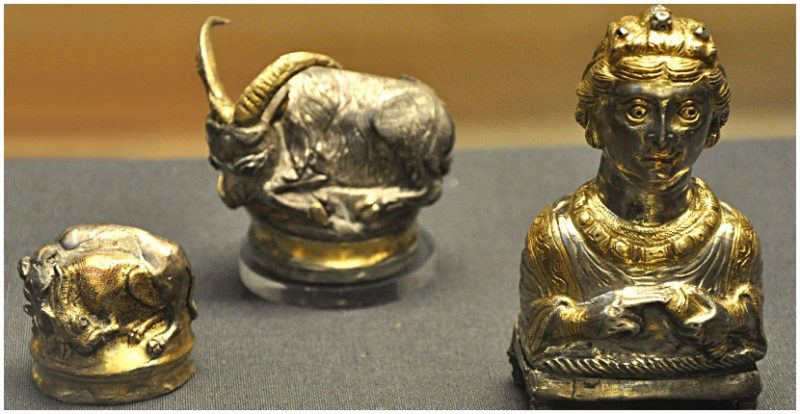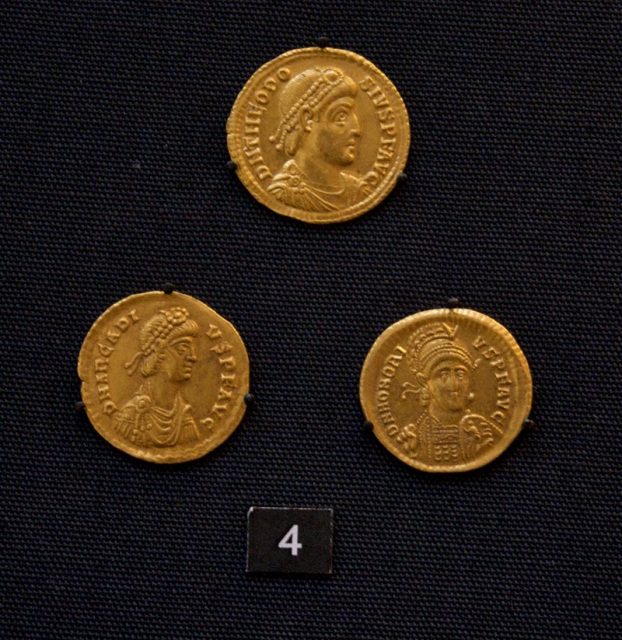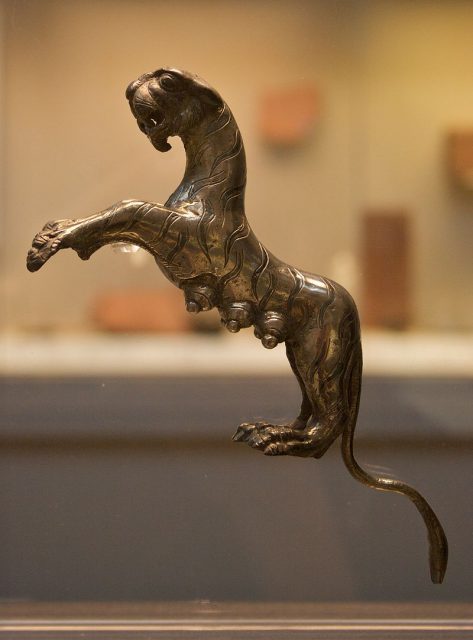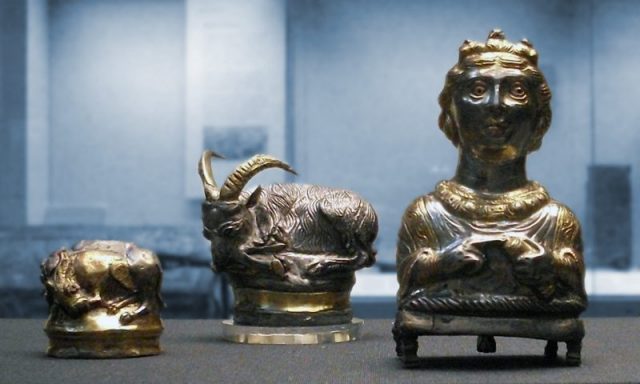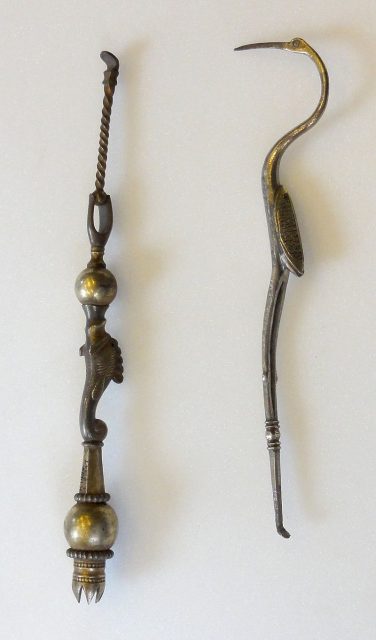Long live the king.

Black Panther occupies a peculiar position. As the breeding ground of a thousand white actors called Chris, Marvel Studios has rightly been accused of a lack of diversity, and now it’s releasing what is arguably Hollywood’s biggest budget movie with a majority black cast ever.
So Ryan Coogler’s superhero adventure was bound to be a landmark in movie-making. And we’re pleased to say it’s a great new addition to the MCU too – although it’s probably at its best when it feels least like a Marvel film.
Set in the aftermath of the earth-shattering events of Captain America: Civil War, Prince T’Challa, the Black Panther (Chadwick Boseman) is in line to succeed his late father as king of the secret and super-advanced nation of Wakanda.
But as his allies begin to argue over what place their country has in a changing and increasingly turbulent world, outside enemies in the form of arms dealer Ulysses Klaue (Andy Serkis) and a vengeful former black-ops soldier called Erik ‘Killmonger’ Stevens (Michael B Jordan) threaten to make the difficult choices for them.
The MCU has tried to paint a global picture by taking its heroes to different locations around the world – from Berlin and London to Seoul and Lagos – but its diversity problems have never allowed this to feel much more than tokenistic. Black Panther is the first instalment to step fully outside of white Hollywood. This feels very much like a Ryan Coogler production, drawing on influences from the director’s hometown of Oakland, California, to the cultures of central Africa. The Wakanda he builds is beautiful, and if it does occasionally seem like a preview for the live-action Lion King remake, it feels like a real, thriving country that blows Thor’s ugly, empty CGI Asgard right out of the water.
Black Panther has been billed as a James Bond-style thriller, and there is definitely an espionage thread to the film, but it’s also a science-fiction adventure set in an Afrofuturist utopia fit for Sun Ra, full of advanced technology and eccentric costumes born from filmmakers’ imaginations running wild. It feels unlike any other blockbuster out there.
And while most Marvel movies tend to grapple with questions no more troubling than ‘How do we kill the bad guy?’, Coogler challenges the high-water mark set by Civil War by posing some difficult questions about the treatment of Africans and their American descendants, how to confront the crimes of your ancestors, and what a global superpower’s duty is to less prosperous countries. All heady and relevant stuff, but Coogler has a lightness of touch that invites you to explore these problems without lecturing his audience.
The segments of Black Panther that feel most Marvel-y are the action set pieces, which are as slick as we’ve all come to expect, but eventually start to feel like the weakest moments in the movie, slowing down the pace and distracting from the really interesting stuff. It’s a case of ‘seen ten, seen them all’ at this point – although Marvel’s action requirements probably explain why, in a film about confronting the ghosts of the past and considering the future, no-one points out that ritual combat is an awful way to choose a monarch.
Boseman’s T’Challa is funnier than he was in Civil War, but the role of the ‘troubled new king’ still leaves him as the most po-faced character on screen. Fortunately, the cast was cleverly chosen to balance him out with some fun, charismatic performances. As Okoye, the leader of T’Challa’s royal bodyguard, The Walking ᴅᴇᴀᴅ‘s Danai Gurira frequently steals the show with nothing more than a stern look or pithy putdown. Leтιтia Wright is another standout as Shuri, T’Challa’s young genius sister, who serves as his gadget-making Q. In both cases, the film’s comedy comes through their dialogue and actions, rather than being delivered in clumsy punchlines and one-liners.
The gender balance on the cast is pretty much equal – still a real rarity these days – and Michael B Jordan’s Killmonger bucks the ‘rubbish MCU villain’ trend by having both a convincing motivation and sharing a decent amount of screen time with his rival.
There was every danger that Marvel could have given us another blandly enjoyable film like Ant-Man or Doctor Strange, forgotten as soon as you step back out of the cinema. Instead, Coogler was clearly given the freedom to explore his chosen themes and step outside the MCU mould. For Black Panther this really pays off, and will serve as a powerful lesson for Marvel’s future if it doesn’t want the franchise to disappear up the arse of some boring, white action hero whose name is probably Chris.
The series could also explore alternate universes and future timelines that show the influence of the Black Panther legend on different generations. From the early warriors to the descendants fighting in the Avengers universe, “Eyes of Wakanda” will provide a comprehensive picture of Black Panther history.
With a focus on Mosy and the development of the Black Panther legacy, the upcoming series will usher in an exciting chapter in Marvel history. Fans can look forward to a deep narrative and fascinating characters that will carry on the legacy of Wakanda.
A Farmer’s Misplaced Hammer Led to the Largest Roman Treasure in Britain
